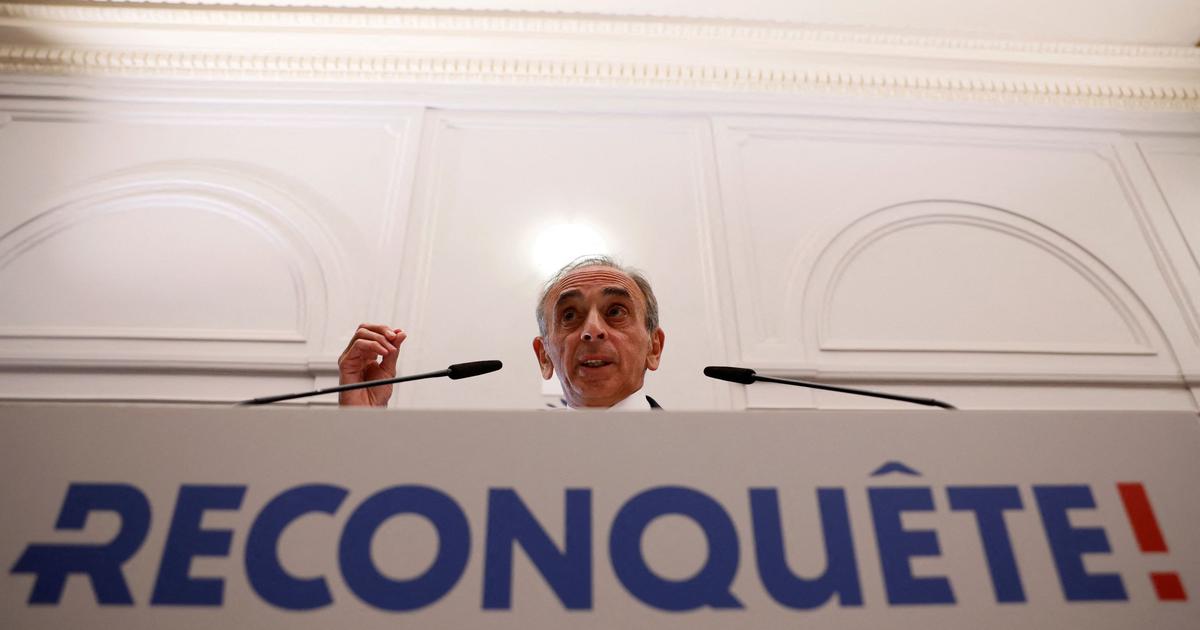Éric Zemmour's Reconquest Shapes Legislative Strategy Amid Political Turmoil
The Reconquest movement, led by Éric Zemmour, has declared that it will not field candidates in all the 577 constituencies for the upcoming French legislative elections. Instead, they will present candidates in 330 constituencies, a strategic move to strengthen alliances with other right-wing factions. Zemmour emphasized this decision on his X account, noting the importance of not undermining other right-wing candidates engaged in the campaign, a stance aimed at fostering national unity.
Zemmour lamented the refusal of the National Rally (RN) to form a 'true National Union,' highlighting that Reconquest's strategy is rooted in supporting right-wing unity against what he terms 'Islamo-leftism.' This move follows the exclusion of Marion Maréchal and her associates from the party, after their support for an RN-Ciotti alliance, which Zemmour deemed a 'betrayal.'
Reconquest has thrown its support behind notable right-wing figures such as Éric Ciotti, Nicolas Dupont-Aignan, and Christelle D'Intorni, asserting that their seriousness and the national interest will always take precedence over party interests. The anticipation and strategic positioning come at a time when parties have until Sunday to finalize and submit their candidacies, with Reconquest adhering strictly to agreed timelines and processes.
Meanwhile, in the broader context of French politics, Justice Minister Éric Dupond-Moretti was seen supporting Renaissance candidate Loïc Signor in Villeneuve-Saint-Georges. As the political landscape intensifies, and with multiple alliances forming and dissolving, these movements set the stage for a highly competitive legislative election season.
- As early legislative elections approach, political parties across France have been finalizing their candidate lists. The emergence of alliances, such as the controversial 'LR-RN' and 'Ciotti-RN' coalitions, underscores a period of significant negotiation and strategic positioning within the French right-wing spectrum.
- On the fringes of traditional party politics, notable moves include former President François Hollande's decision to run in Corrèze, backed by the Socialist Party and the New Popular Front, and the reinstatement of Adrien Quatennens after his suspension, adding to the complexity of the political theatre.
- In Colombia, a historic legislative victory was celebrated as President Gustavo Petro’s pension reform was approved by Congress. This reform aims to overhaul the pension system for millions of Colombians by creating a more sustainable and inclusive framework. The measure, supported by Petro's Historical Pact and several allied parties, ensures that unprotected older adults receive a unconditional financial support and solidifies a pivotal social achievement under his administration.






